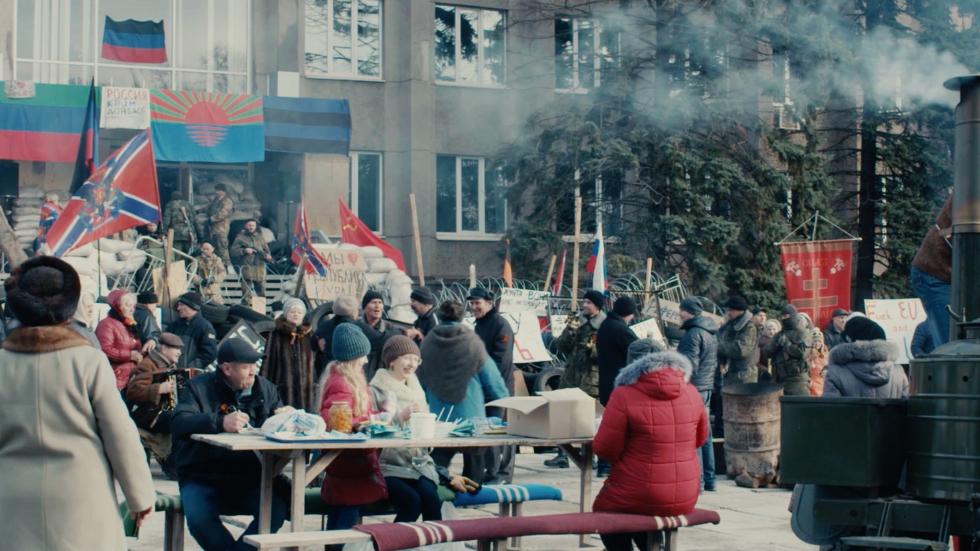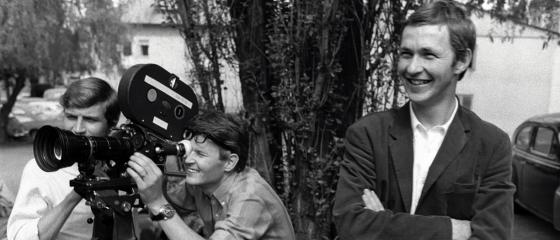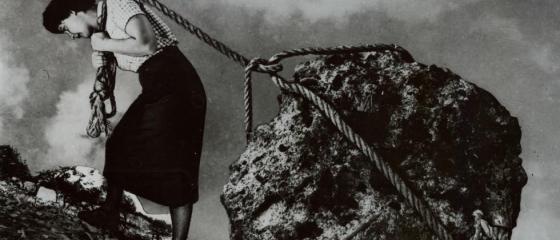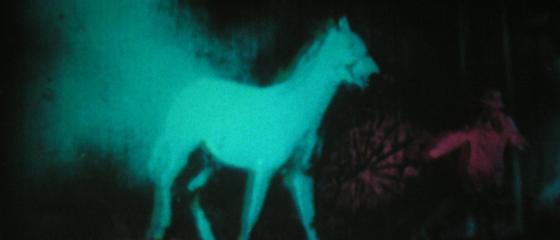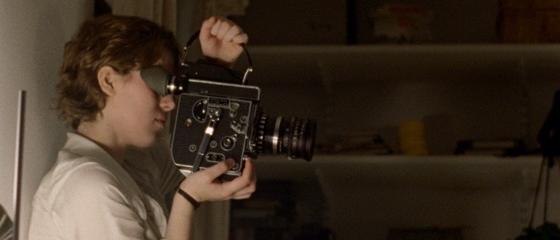“The really important question in our work is time. Offering the spectator the necessary time to see, think and reflect. Our work is based on detail. With a normal viewing it isn’t possible to make discoveries. We try to escape from the generic and give identity to the faces”. That is how Angela Ricci Lucchi defined the style which over the course of more than four decades she gradually sculpted along with Yervant Gianikian, her companion in life and in work. Both occupy a unique, essential place in the present edition of SEFF, with the screening of I DIARI DI ANGELA. NOI DUE CINEASTI, a film which mustn’t be seen as a testament, but as the maximum demonstration of the permanence of image, of cinema as a device for immortalising the memory of the existence of its creators and of what they observed with their camera. It is written, and filmed.
To escape from the generic and give identity to the faces. That persistent search by Ricci Lucchi and Gianikian to illuminate and define the shadows of the past, so that we understand the crossroads of History, also determines the spirit of this festival and of the films selected. The Official Section has been built on axes that sustain the emotional and social keys of contemporaneity, a cinema struggling against the amnesia and brutality that loom over the continent.
The permanence of art
Certainly, present-day Europe is similar to that of darker years because of the increase in nationalisms, prevailing xenophobia, economic instability, an increasingly searing climate of distrust and violence between nations. Art continues to warn about a catastrophe in the making, whether through traditional means or using the latest technology as a weapon. But how to adapt to the new devices, how to assume that creation has become intangible? In NON-FICTION Olivier Assayas faces the complex adaptation involved in moving from the physical book to the e-book, associating it in addition with a mid-life sentimental crisis, developing a comic streak unprecedented in his extraordinary filmography. THE WILD PEAR TREE, the monumental work by Nuri Bilge Ceylan, also has powerful literary and familiar traces, taking as a central figure a student who longs for the publication of his first novel in the depths of Anatolia at the same time as he copes with a tumultuous relationship with his father. A particular Stendhal syndrome traps the psychiatrist and protagonist of RUBEN BRANDT, COLLECTOR, an animated thriller that is the stunning feature film debut of Milorad Krstić, a dazzling immersion in the history of art –with references to Velázquez, Botticelli, Picasso or Hopper– and the human subconscious.
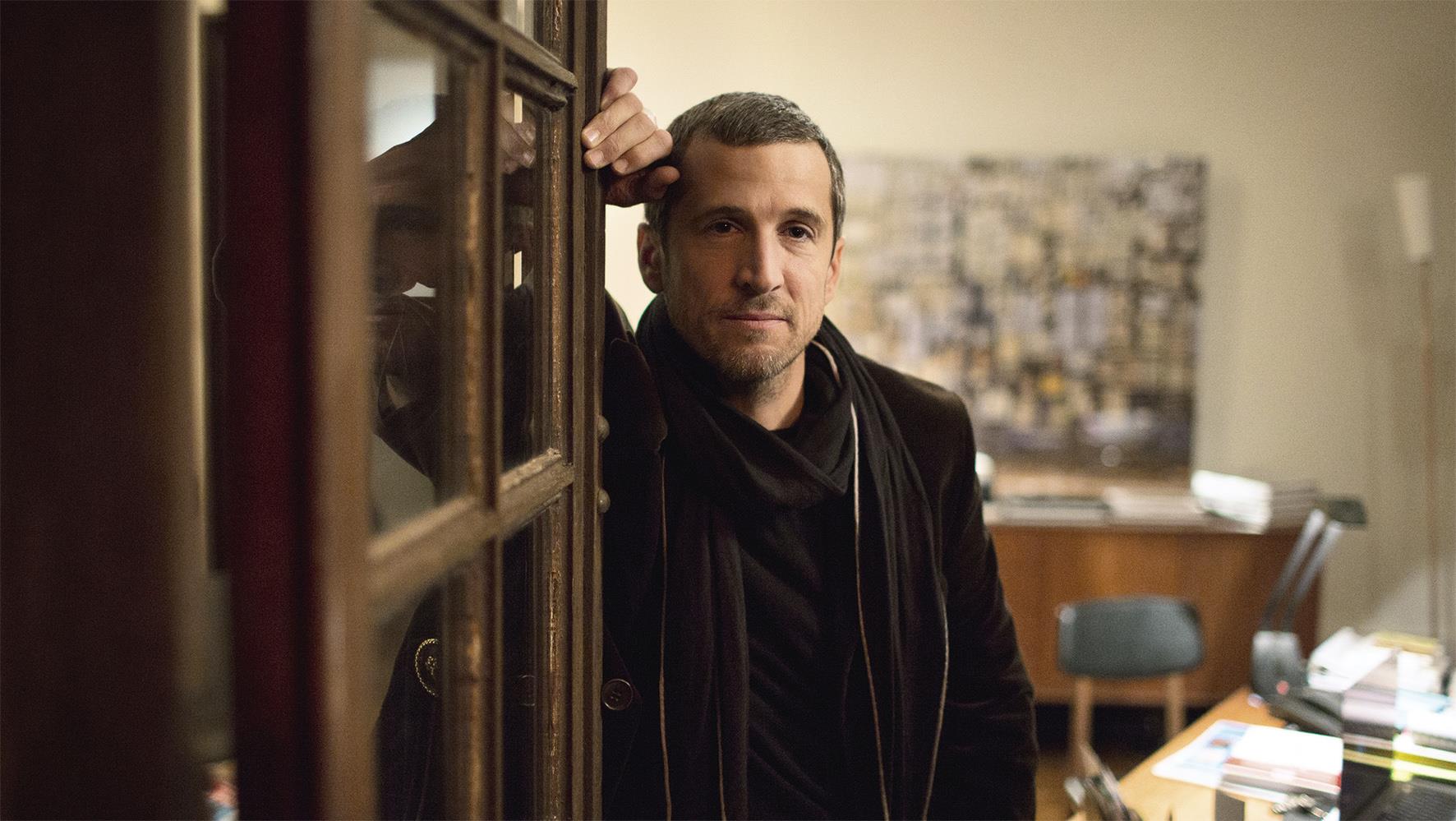
Lessons never learned
We are living in an unusual moment in which the past century is ignored and unknown for the new generations. In Europe we are even witnessing the explicit vindication of fascism by governments and growing forces. But this exercise in human stupidity doesn’t belong only to our era. Aleksei German Jr. undertakes a new dissection of the Russian soul in its greatest depth with DOVLATOV, a biopic of the brilliant writer who, before going into exile in France, suffered scorn and isolation in the times of Brezhnev. Sergei Dovlatov was an irreducible creator, an uncomfortable element for the establishment, a man ahead of his time. Just like Aleksei German, father of the director of this film, which must be read as a veiled tribute to the father and to the freedom of artists. The sinuous, masterful movements of László Nemes takes us in SUNSET through the Budapest of 1910, where the decline of the Austro-Hungarian Empire coincides with the dawn of a revolutionary spirit that was to end in the outbreak of the First World War. A landscape of chaos and uncertainty, waiting for the horror. The battle has already unfolded in NEVER LOOK AWAY, a melodrama in two angry times (the outcome of the Second World War and divided Germany) with which Florian Henckel von Donnersmarck vindicates the avant garde aspect of art. As if addicted to chains, the human being goes back constantly to times of misery and repression. The gloomy present of the United Kingdom has echoes in common with that reflected by the photographer Richard Billingham in his first feature film RAY & LIZ, a superb reconstruction of his own childhood, a hard-hitting recollection of Thatcherism from the most intimate territory.

Burning realities
Forgetting those pasts leads us to a world that falls again into the most colossal abysses: fratricidal war, the end of humanism. It is necessary to be a visionary to reflect these problems with such a precise edge, such a bleeding humour as Sergei Loznitsa in DONBASS, a collection of tableaux on the conflict between Ukraine and Russia, which apportions responsibility with mathematical exactitude on all the scourges: from ultra-nationalism to institutional chaos, from violent authoritarianism to corruption. There is a climate of injustice that is choking a directionless population, desperate for references who will become valid representatives, a responsibility that the protagonist of AT WAR tries to assume, in another example of crude realism developed by Stéphane Brizé. Derived from that precariousness and defencelessness, we have the underworld of drug trafficking, represented soberly by David Oelhoffen in his thriller CLOSE ENEMIES. The stigmatization of minorities is inherent to the construction of the West, built in the case of the United States with the blood of slaves. That indelible legacy fires the spirit of the Afro-American community’s spirit of struggle, today with a fury that hasn’t been remembered since the early 70s. This is shown in WHAT YOU GONNA DO WHEN THE WORLD'S ON FIRE?, a new exploration of the deep southern states of North America undertaken by the Italian Roberto Minervini, a vibrant look at neo-Black Power. And returning to Europe, we can see neo-slavery on the backs of young sub-Saharans who, after surviving the odyssey of disembarking in a land of uncertain hopes, come up against a silenced death, as denounced by Xavier Artigas and Xapo Ortega in the revealing IDRISSA, CRÓNICA DE UNA MUERTE CUALQUIERA.
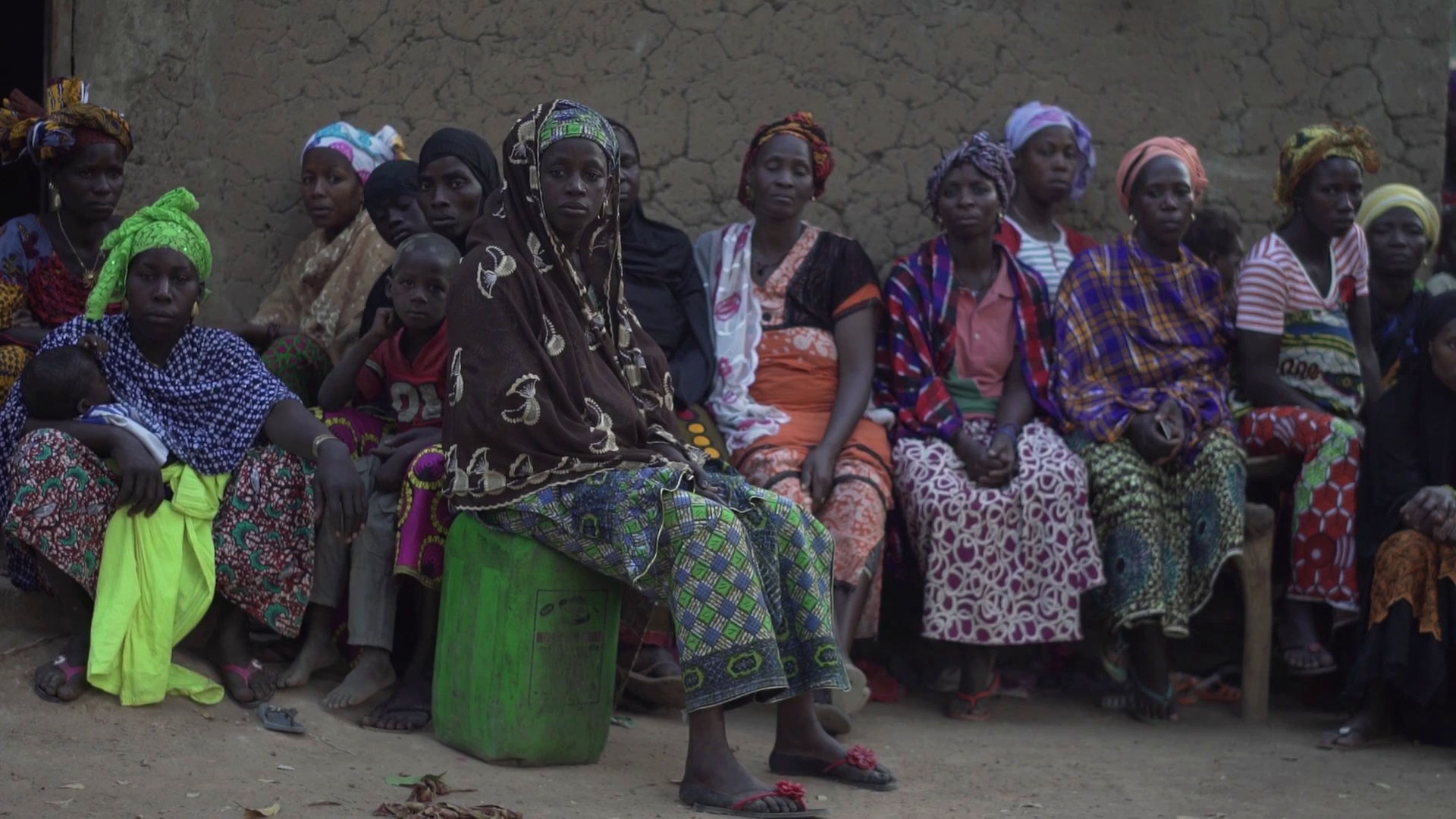
The doors of the continent
However much the authorities and the mass media try to generalise the experiences of migrants, or directly make them invisible, cinema insists of turning its spotlight on ordinary lives that have within them a discreet heroism. The burden of the debt incurred in the homeland and the disappointment on arriving on the promised continent. That is the case of the young protagonist of JOY, the second feature film by Sudabeh Mortezai, who travels from Nigeria to Austria only to find herself trapped in a network of prostitution. The journey from Senegal to France will also be traumatic for the worker at the centre of AMIN. Once again Philippe Faucon conceives a portrait of immigration that is as direct and sober as it is far removed from stereotypes, looking at the emerging passion between the worker and his client, a wealthy woman played by the sublime Emmanuelle Devos.
The reverse route, West-East, is undertaken by the war reporter in MAYA –an extremely sensitive film that opens new emotional and narrative horizons in Mia Hansen-Løve’s career–whose journey to India will allow him to glimpse an innocence he lost after co-existing with terror and the death of a colleague in Syria.
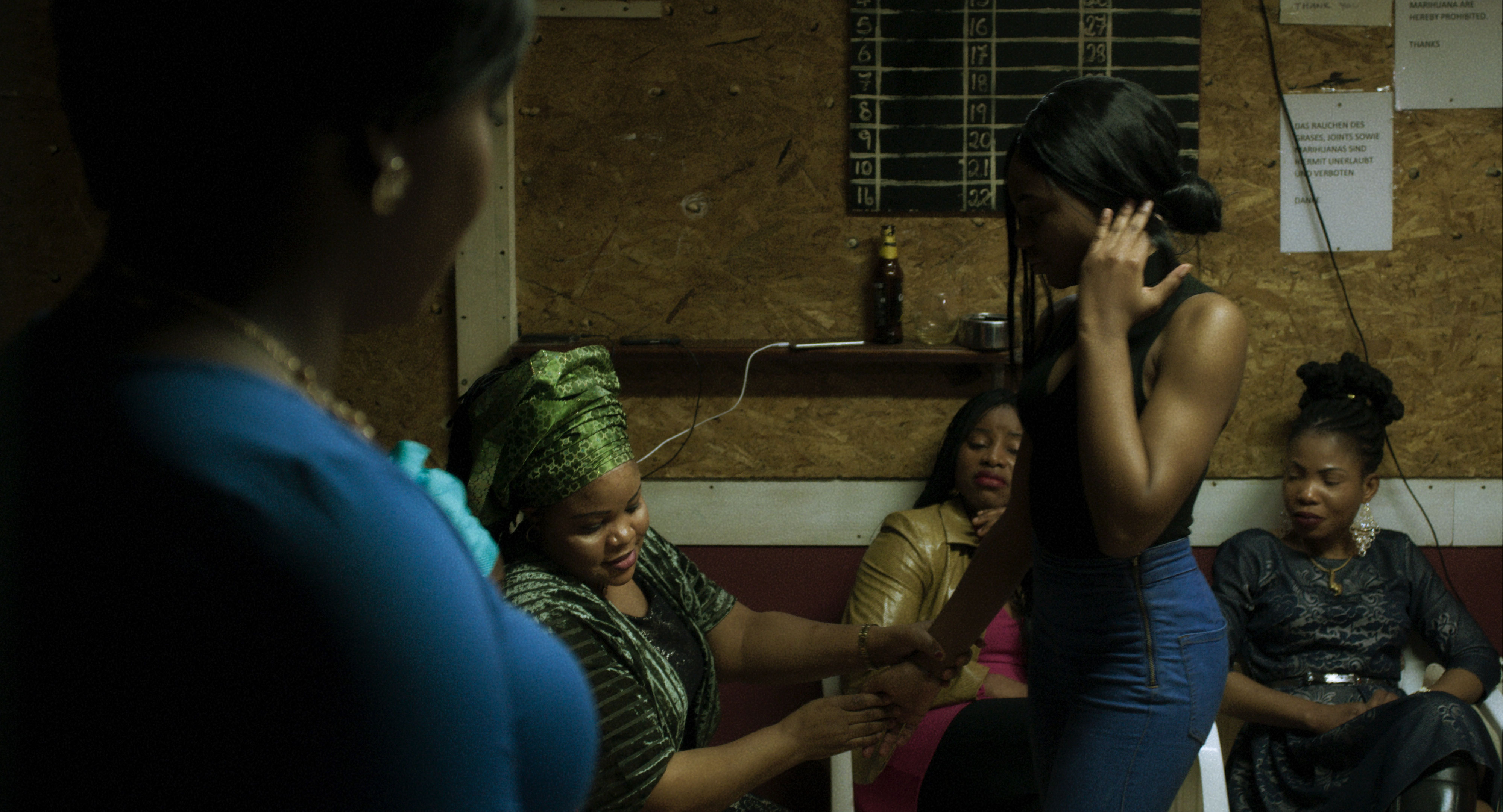
Sentimental destinies
Emotional disagreements, the heartbreak from loss, the revelation of falling in love and its collapse are inherent to the History of Cinema. Contemporary directors continue to find new points of view to untangle the most complex and unfathomable of questions: the future of the human soul. The family as the starting point and the eternal place of return is dealt with in two films linked by a key talent in universal cinema: Valeria Golino. We find her as an actress in the comedy about a summer reunion in which the wounds of the past come to the surface, LES ESTIVANTS (directed by Valeria Bruni Tedeschi), and as director in EUPHORIA, an intense drama about the crossed paths of two brothers, in which illness will serve to revive a link that had been destroyed. The unexpected irruption of the most primitive bonds plunges the protagonist of PEARL, a top level body builder on the threshold of a crucial championship, in a dilemma that is hard to solve. This forceful debut by Elsa Amiel opens unexplored paths in the filmic representation of the conciliation between maternity and professional fulfilment.
Set in the París of the 90s, PLAIRE, AIMER ET COURIR VITE tells of the encounter between two men at a key moment in their lives: the view of the precipice for the more experienced, the flowering of sexuality for the younger. Two divergent perspectives of love, perhaps incompatible, laid out by Christoph Honoré with an honesty that is both tender and brutal. The resplendent vitality of the French filmmaker finds its opposite pole in PITY, second feature film by Babis Makridis, a brilliant black comedy about an emotionally anaesthetised individual, who assists inert at his wife’s coma. With the patent legacy of Greek tragedy and the shadow of Samuel Beckett weighing on each sequence, Makridis captures a brutal essay on the absurdity of existence.
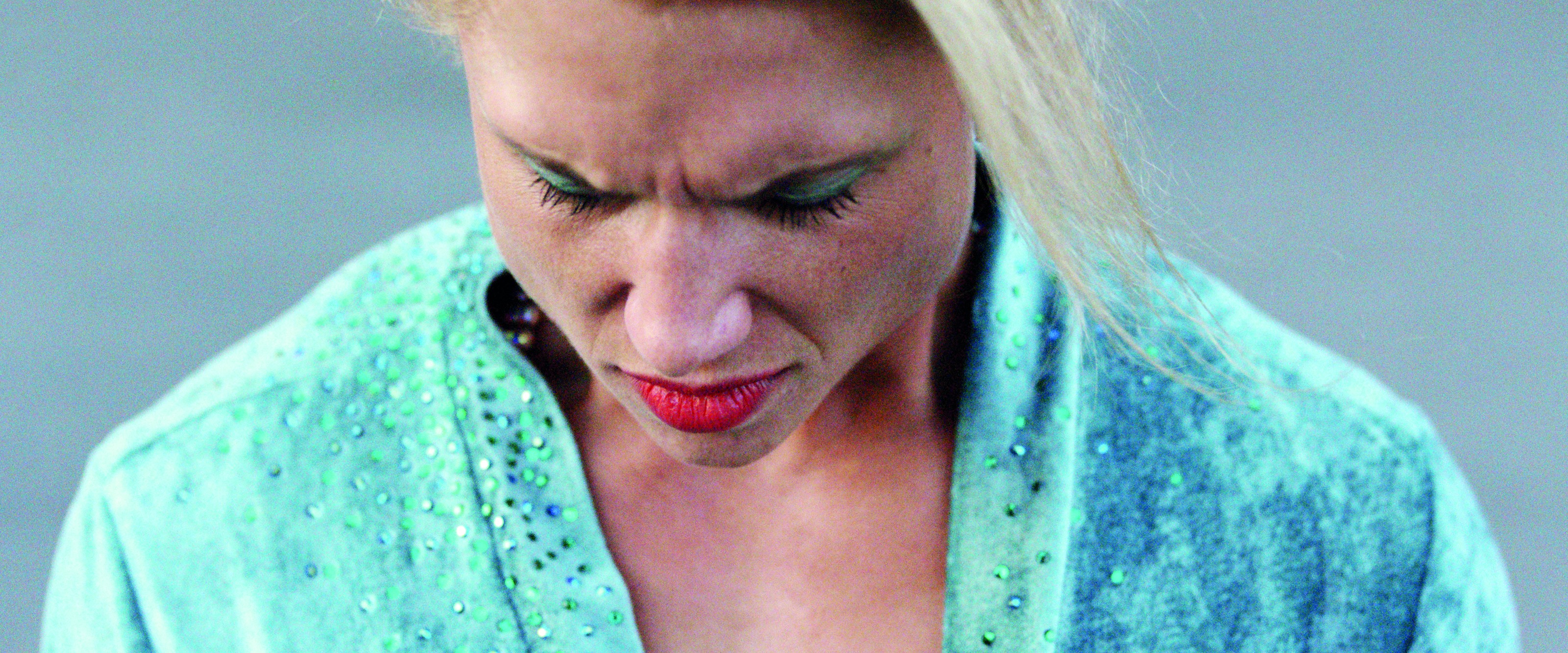
Bodies in a trance
The cinema is in the end image in movement, the following of bodies that escape from the frame, unleashed. A territory of continuous experimentation that discerns the most hidden emotions. In her first film, TOUCH ME NOT, Adina Pintilie has taken this concept to an extreme never before imagined. The limits of representation –fiction or non-fiction –are dynamited in this film about overcoming trauma through sex. But sex can also be the cause of trauma, as Yolande Zauberman says in M, an incursion without a safety net into the heart of darkness of Israel, the city of Bneï Brek, stronghold of the ultra-orthodox community, to give voice to those who suffered abuses in that supposedly unblemished space. Through grainy, crude images, stories emerge that were lost for years in the obscurantism of fear.
Situating the camera where no human being has been capable of looking. That is undoubtedly the vocation of daring filmmakers. Víctor Moreno takes us to apparently indecipherable catacombs in LA CIUDAD OCULTA. It is a journey through sewers and passageways. A descent both real and atmospheric through the depths of our world. Cinema with a brutal physicality, like that of Abdellatif Kechiche, who in MEKTOUB, MY LOVE: CANTO UNO unfolds an impetuous mise-en-scène, regulating his narrative only by the driving forces of desires, the savage passion of adolescence, the daily life of bodies that dance without rest, expressing themselves in their purest instinctive essence.
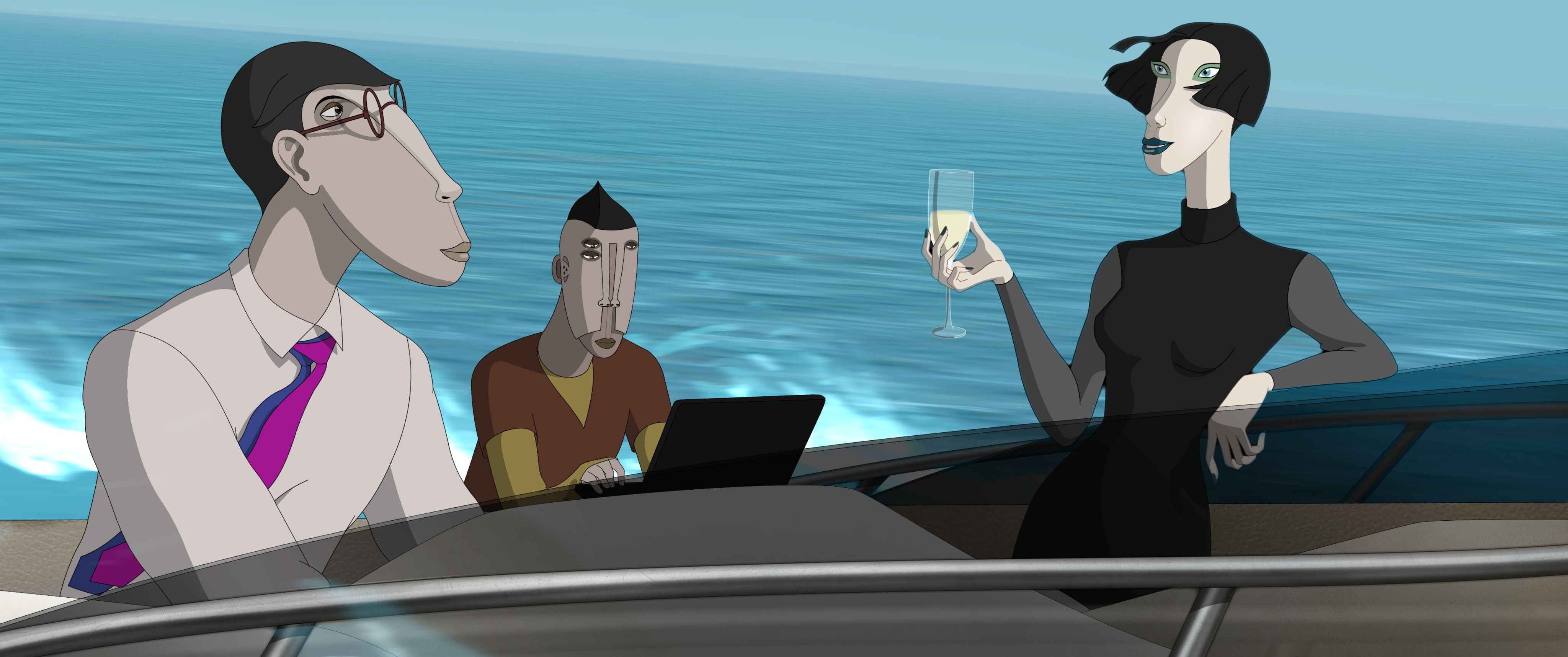
Mektoub, which means “it is written”, is the term that in Arabic defines the concept of destiny.
Even though Europe is still setting out on its return to the hell of its most decrepit past, even though it is still barring its doors, this continent will continue on its hybrid path, on which the languages of Joy, Amin and Idrissa will be spoken; and on which filmmakers will reflect its realities and fractures beyond the established borders.
Escaping from the generic and giving identity to the faces, as the eternal Angela Ricci Lucchi stated. It is written. And filmed.



